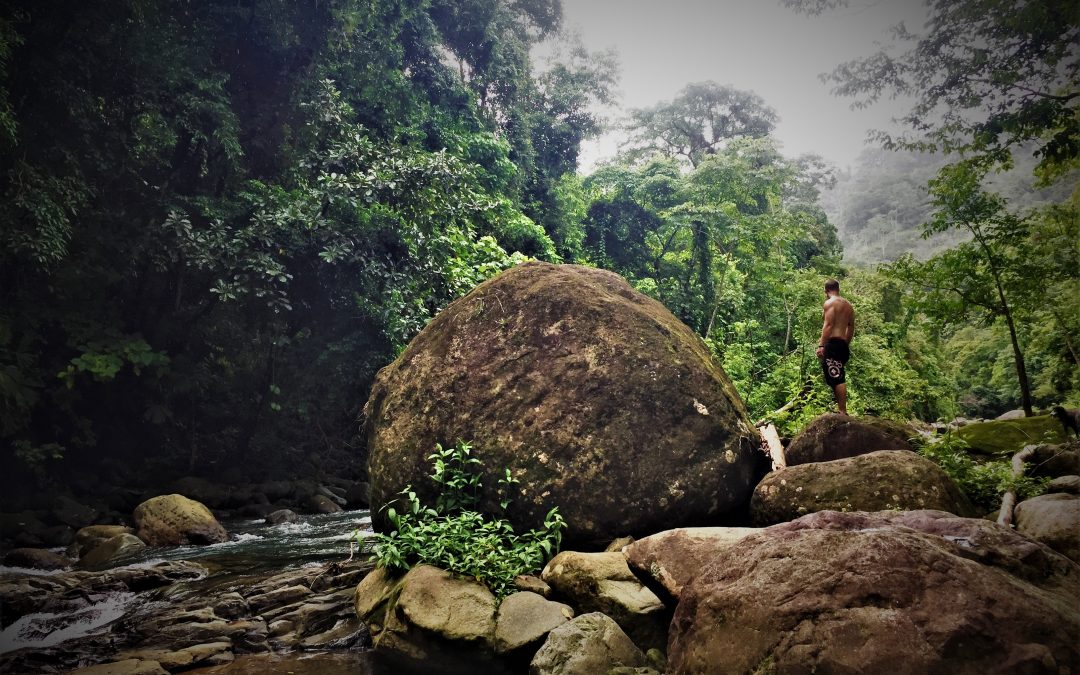One of my colleagues called Science the Cosmic Joke. For a minute, I was high school furious.
Yes, the more questions we answer, the more questions we produce. The human body and this world are likely incomprehensibly complicated. Boohoo.
The answer is not ignorance. The answer is not belittling ourselves to stop at anecdotes and belief structures.
Anecdotes are the lowest form of evidence. Period. They drive hypotheses, that’s it!
“Let me be clear, your anecdote means nothing to me. Thousands of people with a similar anecdotes means nothing to me. MY own anecdotes mean very little to me. Millions of anecdotes, a chorus of “it worked for me’s” syncopated with “it’s worked for thousands of years for a lot of people!” led to things like bloodletting as the cure to almost everything for a thousand years. A kindergartner‘s level of research into neurology and psychology will show you just how flawed our perception of an experience is. The fundamental failure of ―it worked for me is literally why the scientific method came about.”
-Matt Woodard
If you are using “it worked for me” as your primary means of evidence and you make up on-demand stats a few times a week you are part of the problem.
Because 78% of your beliefs influence 87.6% of what you see.
Science is far from perfect, but the scientific method is the best thing we got. Science doesn’t care what you believe. And science will slap you silly if you even think about using the word prove. The time of crusades to PROVE the rightness of what you and your green beard brethren know must be true has passed. Muhammad, Jesus, or the Insulin Fairy – stop it. But, it won’t stop because you can’t fight faith with facts, and I am sure there are plenty of social behavioral scientists studying just that.
I broke out that despicable word – prove – my first year of grad school and my advisors let me know that I would never ever say that word in their presence again, and to this day, my mind gasps whenever I hear someone use it in a presentation.
The vast majority of us will never prove anything, we hypothesize and then we test our hypothesis, and then we test it again and then another lab tests it because there is a 1 in 20 chance we could have got a significantly wrong finding.
There are no shortcuts in producing a body of evidence. But, absolutely nothing about science is a joke.
The age of the boxed-in, stuffy scientists has also likely come to pass. One of my professors, studied everything about Vitamin E for forty plus years. The world leader on tocopherols.
No thanks. We live in an age where we are learning more in a year than we learned in the previous decade and this is happening because of a massive push for more interdisciplinary approaches and with this push we are getting plenty of new vocabulary to deal with, like the psychoneuroimmunology of GI disorders or the psychoneuroendocrinology of exercise.
Remember the cool shit doesn’t happen inside a field, but in the interaction between different fields.
And, thus let’s finish this up with a quote from a Stanford Pyschoneuro behavorial primatologist with debatably the broadest scope of knowledge of any living human.
“If you had to boil this book (Behave) down to a single phrase, it would be “It’s complicated.” Nothing seems to cause anything; instead everything just modulates something else. Scientists keep saying, “We used to think X, but now we realize that . . .” Fixing one thing often messes up ten more, as the law of unintended consequences reigns. On any big, important issue it seems like 51 percent of the scientific studies conclude one thing, and 49 percent conclude the opposite. And so on. Eventually it can seem hopeless that you can actually fix something, can make things better. But we have no choice but to try. And if you are reading this, you are probably ideally suited to do so. You’ve amply proven you have intellectual tenacity. You probably also have running water, a home, adequate calories, and low odds of festering with a bad parasitic disease. You probably don’t have to worry about Ebola virus, warlords, or being invisible in your world. And you’ve been educated. In other words, you’re one of the lucky humans. So try.”
-Dr. Robert Sapolsky



Recent Comments